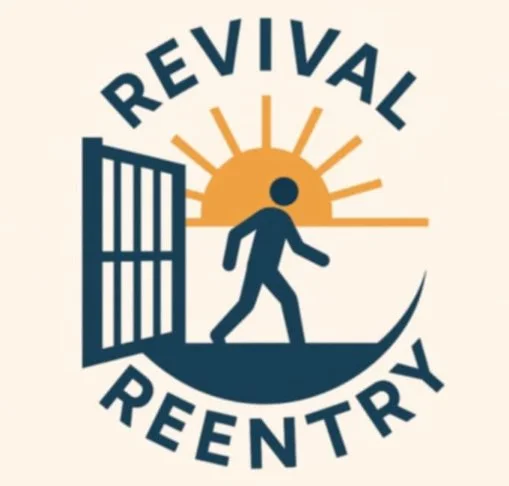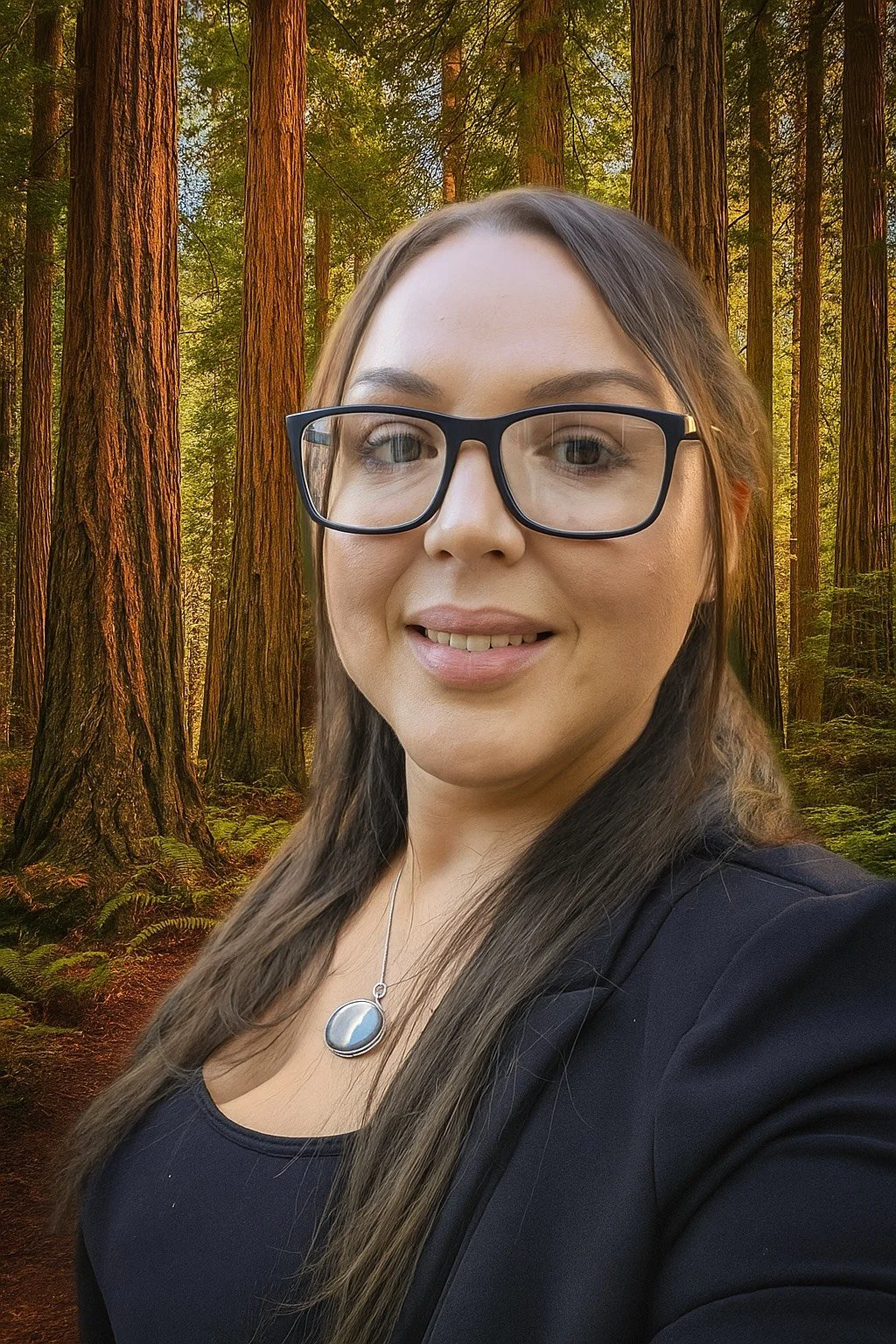Ashley Elliott
Founder and Board Chair
Blanca Pena, MA, LMFT Licensed Marriage and Family Therapist | Advocate for Under served Populations | Clinical Mental Health Provider
Who we are
Through various work in the criminal justice system, our founders noticed a gap in services. Reemerging justice involved persons faced unfair challenges with little to no resources to help.
From paid transportation to rehabilitation, to medical care, documentation, housing, and therapeutic services, our most vulnerable population were often released with limited instructions and finite resources.
Rather than wishing for a solution, we’re creating a holistic approach that addresses every facet of our client’s needs.
At Revival Reentry, we believe that successful reintegration shouldn't be sabotaged by minor missteps. The research from the CSG Justice Center shows how probation and parole violations—many of them technical, not criminal—are driving mass incarceration and wasting billions in taxpayer dollars. This data supports what we see on the ground: the system often inadvertently acts as a barrier to helping justice-involved persons rebuild their lives. Understanding this impact is key to pushing for smarter policies, reducing recidivism, and truly supporting second chances.
Why the Second Chance Re-authorization Matters to Revival Reentry
The Second Chance Reauthorization Act of 2025 would reinstate and expand federal grant programs through 2030 that are essential to breaking the cycle of incarceration. Originally enacted in 2008 and last renewed in 2018, the Act helps fund services such as supportive housing, job training, education, substance use treatment, peer recovery, and mentoring—all proven to reduce recidivism and strengthen communities. [1]
By endorsing this legislation, we affirm our commitment to empowering people after incarceration—supporting their successful reentry and protecting public safety. The Act’s expanded focus on reentry housing and comprehensive addiction services aligns directly with our work at Revival Reentry, helping us continue providing paths to stability, purpose, and dignity. This bipartisan bill is backed by a coalition of lawmakers, reentry groups, state and local leaders, and national organizations calling for sustained support for second chances. [2] [3] [4] Sign the petition now.
Raised in a troubled childhood home, Ashley Elliott ended up in the juvenile justice system. As an adult, she turned her life around volunteering in Juvenile Hall and going on to intern in probation and the county jail. She went on to volunteer with the Parole department.
Ashley attained her Bachelor’s degree in Criminology and Criminal Justice after which she became a discharge planner at the jail.
Throughout her journey she felt helpless at the systemic problems faced by justice-involved persons. For her, the incarceration system felt more punitive than rehabilitative. Now partnered with like-minded problem solvers, Revival Reentry was born. Ashley looks forward to soon completing her Master’s degree in nonprofit administration and the become a part of the solution in her community.
Karina Guzman is a Criminal Justice graduate with four years of experience at the Mendocino County Sheriffs Office and holds two years of hands-on training with the Sacramento Police Department as a student trainee. She developed a deep experience working with incarcerated and justice-involved individuals, which led to a shift in career goals from traditional law enforcement roles focused on rehabilitation, advocacy, and systematic reform.
Karina is passionate about supporting individuals impacted by the justice system and contributing to more equitable criminal justice outcomes.
Brooke Barrett holds associate degrees in Business Accounting and Business Management. She brings hands-on experience in nonprofit and corporate bookkeeping. As Treasurer, Brooke keeps our finances organized and transparent.
Her passion for reentry work comes from personal experience—having spent years without guidance, she’s committed to helping others navigate life on the outside with confidence and support. Brooke believes in second chances and being the kind of steady presence she once needed.
Karina Guzman
Secretary of the Board
Brooke Barrett
Treasurer of the Board
Blanca Pena is a licensed Marriage and Family Therapist dedicated to serving marginalized communities through trauma-informed, culturally responsive care. She holds a graduate degree in Clinical Psychology and dual undergraduate degrees in Sociology and Criminal Justice—an educational foundation that grounds her work at the intersection of mental health and social justice.
Blanca began her career in community mental health, working with justice-involved youth as part of a WRAPAROUND team. There, she focused on family stabilization, reducing recidivism, and fostering resilience in adolescents impacted by systemic barriers.
Her clinical work later extended to correctional settings, including Maguire Correctional Facility and Mendocino County Jail, where she provided crisis intervention, suicide risk evaluations, and therapy for individuals facing acute psychiatric needs. These experiences deepened her understanding of the mental health disparities within incarcerated populations and strengthened her commitment to equity in care.
Blanca is a passionate advocate for under served individuals, aiming to reduce stigma and promote access to quality mental health services. Her work—whether clinical or systemic—centers on dignity, compassion, and the belief that all people deserve support and healing.

Support our growth
Contact us
Interested in working together? Fill out some info and we will be in touch shortly. We can’t wait to hear from you!





